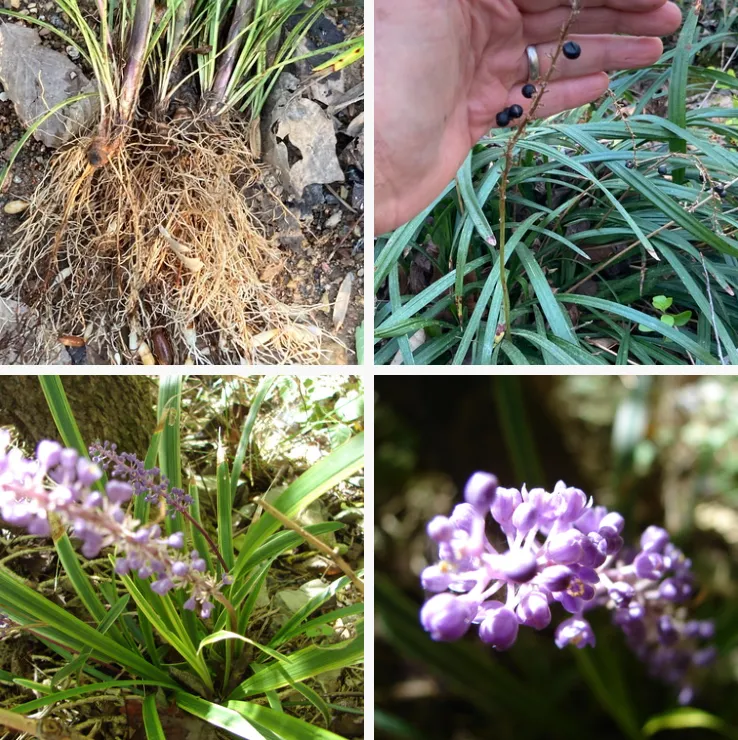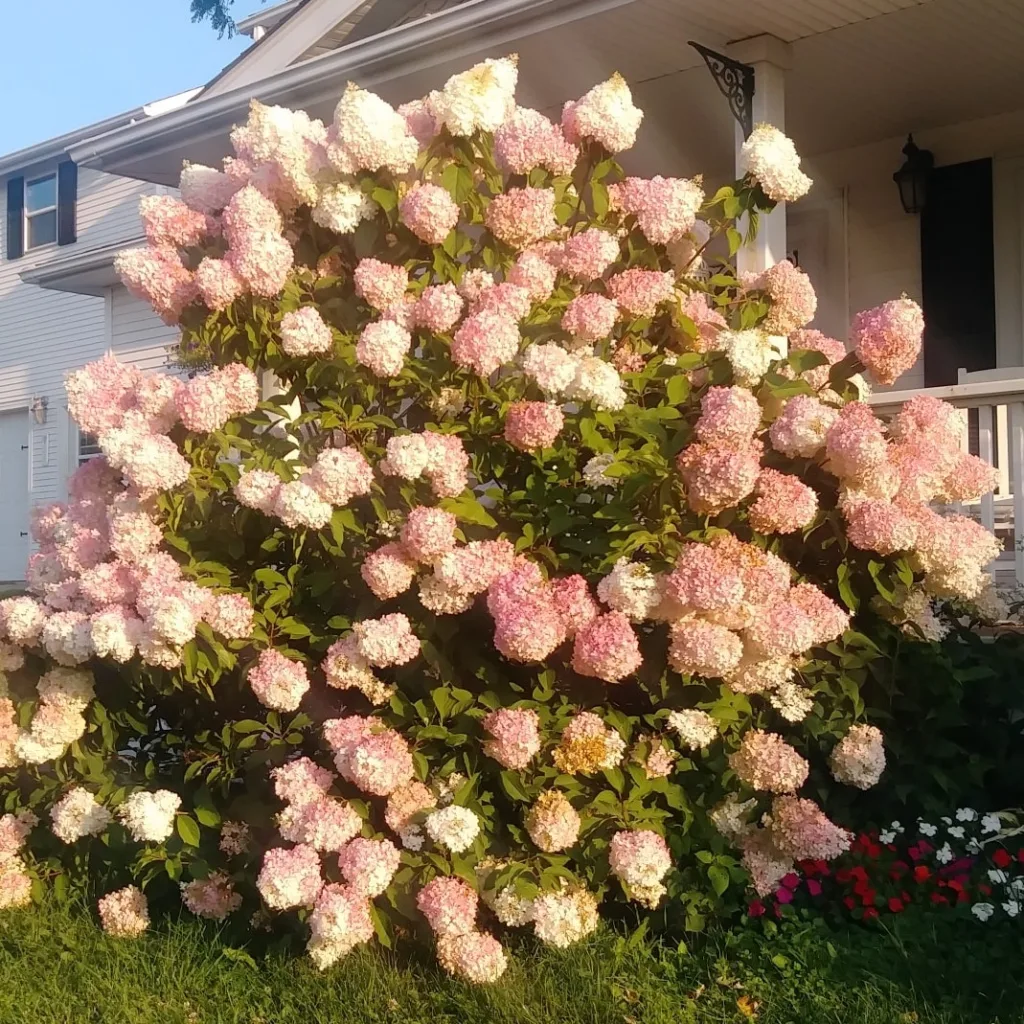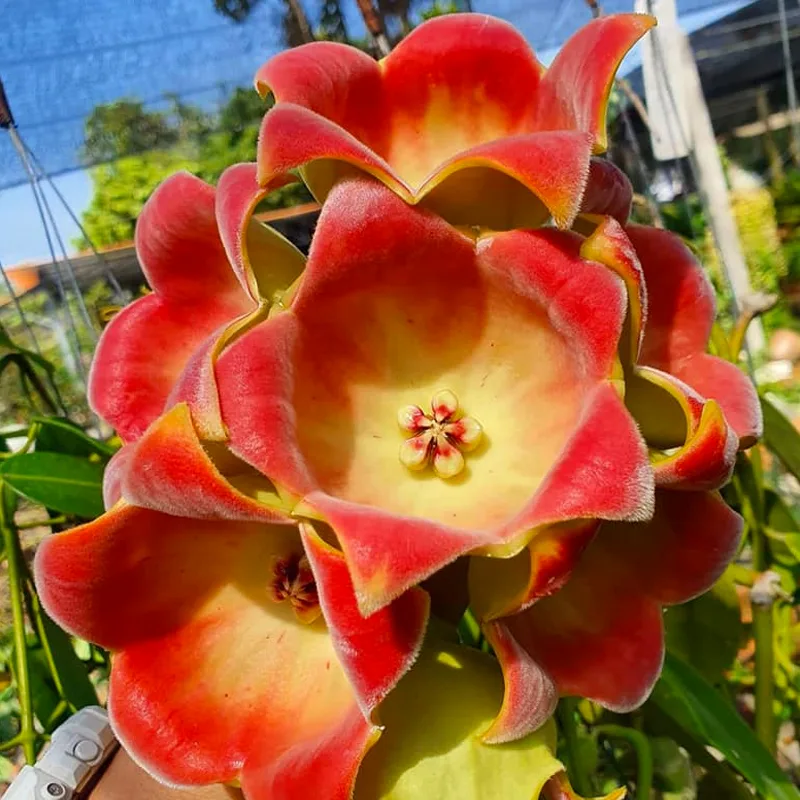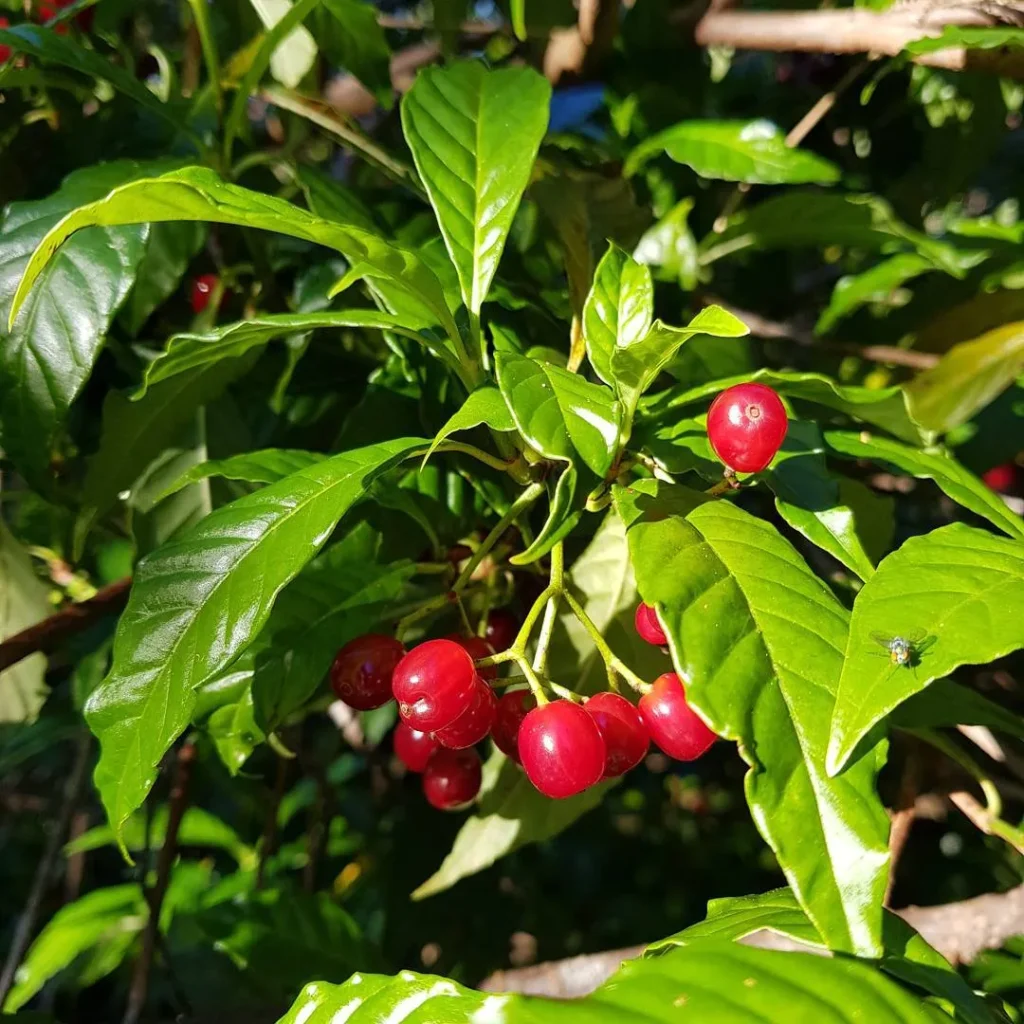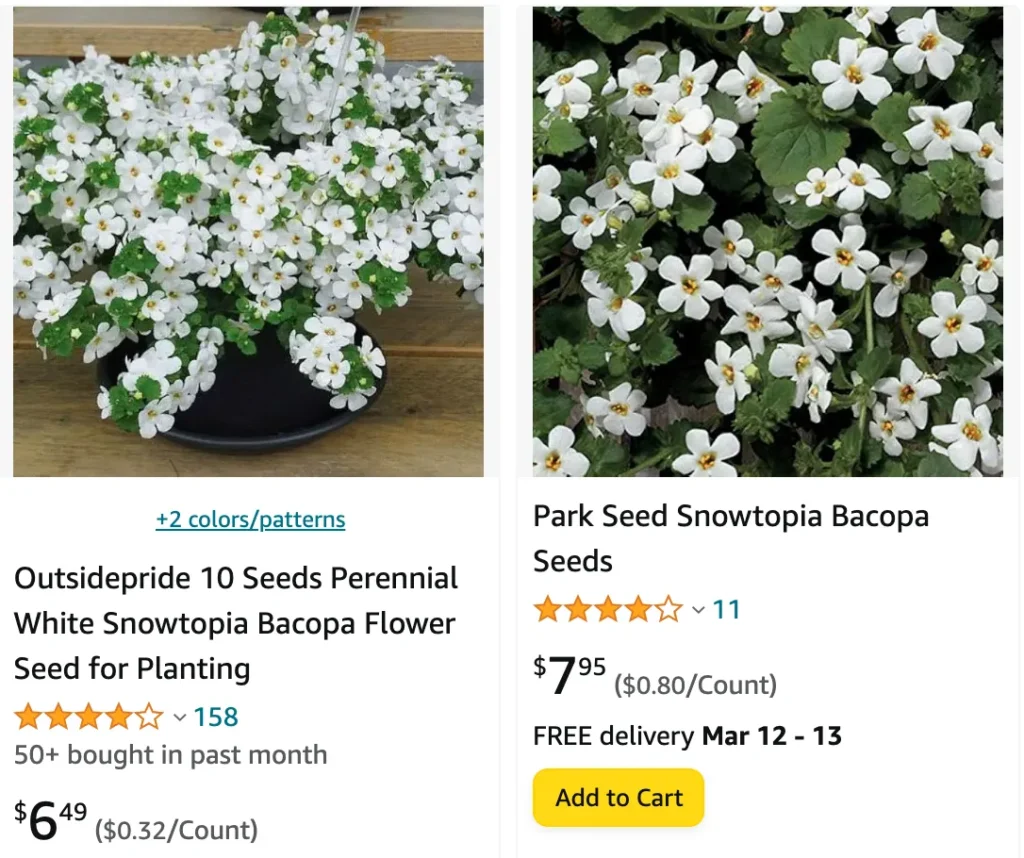
Is Sutera Cordata Toxic to Dogs?
One of the primary concerns for many pet owners when introducing new plants to their homes or gardens is whether those plants are toxic to their furry friends. In the case of Sutera Cordata, commonly known as Bacopa or Snowtopia, pet owners can rest assured. This lovely flowering plant is non-toxic to dogs, making it a safe choice for pet-friendly landscapes and gardens.
60 Species in Genus Bacopa
Is Sutera Cordata a Perennial?
Sutera Cordata is often appreciated for its ability to thrive in various conditions and its prolific blooming habit. However, whether it behaves as a perennial largely depends on the climate and growing conditions. In areas with mild winters, Sutera Cordata may indeed behave as a perennial, returning year after year. In colder climates, it is often grown as an annual or brought indoors during the winter months.
Is Sutera Cordata Invasive?
Invasive plants can wreak havoc on ecosystems by outcompeting native species and disrupting delicate balances. Fortunately, Sutera Cordata is not considered invasive in most regions where it is cultivated. However, it’s always a good idea to check with local gardening authorities to ensure that it won’t pose a threat to your area’s native flora and fauna.
What to Pair with Sutera Cordata in a Container Garden?
Creating a visually appealing container garden involves careful consideration of color, texture, and growth habits. Sutera Cordata, with its delicate cascading blooms and vibrant green foliage, pairs beautifully with a variety of companion plants. For a striking contrast, consider pairing it with bold-colored flowers such as petunias or geraniums. Alternatively, for a more cohesive look, opt for complementary shades of blue and purple with plants like lobelia or verbena. Adding trailing foliage plants such as creeping jenny or ivy can also enhance the overall aesthetic of your container garden.
How to Care for Sutera Cordata?
Sutera Cordata is relatively low-maintenance, making it an excellent choice for both novice and experienced gardeners alike. This plant thrives in full sun to partial shade and prefers well-draining soil. Regular watering is essential, especially during hot, dry periods, but be sure not to overwater as this can lead to root rot. Deadheading spent blooms can encourage continuous flowering throughout the growing season. Additionally, a light application of balanced fertilizer every few weeks can help promote healthy growth and abundant blooms.
How to Propagate Sutera Cordata?
Propagating Sutera Cordata is relatively straightforward and can be done through stem cuttings or division. To propagate from stem cuttings, simply take a 3- to 4-inch cutting from a healthy, established plant and remove the lower leaves. Place the cutting in a well-draining potting mix and keep it consistently moist until roots develop. Division can be done by carefully separating clumps of the plant and replanting them in suitable growing conditions.
What to Plant with Sutera Cordata in a Garden Bed?
In a garden bed, Sutera Cordata can be paired with a variety of other annuals and perennials to create a vibrant and dynamic display. Consider planting it alongside other low-growing annuals such as lobelia, verbena, and marigolds for a colorful carpet of blooms. For added interest, intersperse taller perennials such as salvia or rudbeckia to create depth and dimension in the garden. Additionally, incorporating foliage plants with contrasting textures and colors can further enhance the visual appeal of the planting bed.
Conclusion
Sutera Cordata, with its charming blooms and versatile nature, is a delightful addition to any garden or landscape. Whether cascading from hanging baskets, spilling over container edges, or filling garden beds with color, this resilient plant is sure to bring joy to both gardeners and admirers alike. With proper care and consideration, Sutera Cordata can thrive in a variety of settings, adding beauty and charm to outdoor spaces for years to come.
If i die, water my plants!
